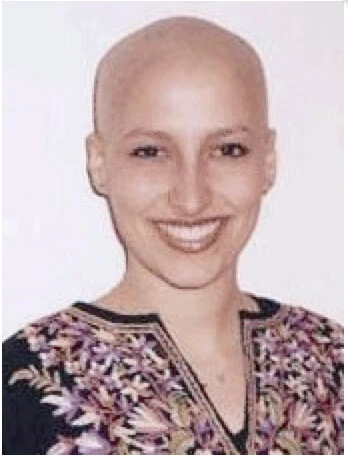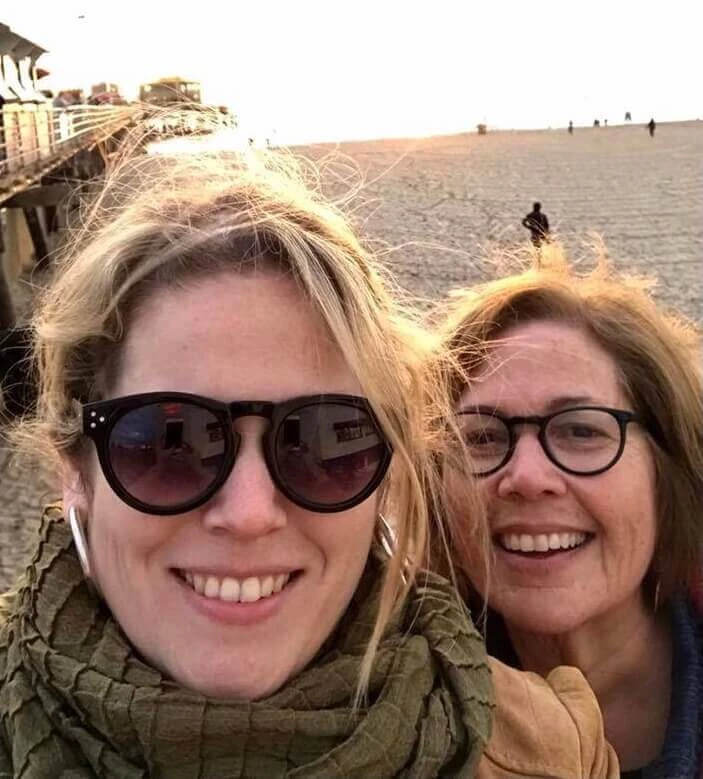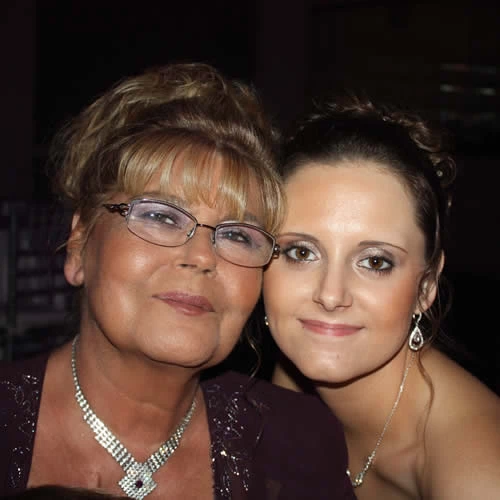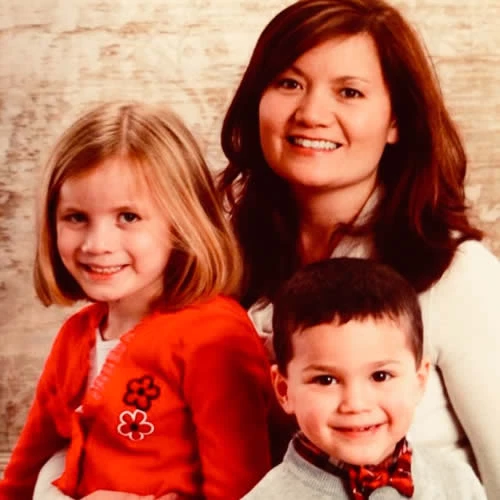Asha Diagnosed at age 24
"I found the lump in January 1999. It was hard and small, in my left breast, under my armpit."
I found the lump in January 1999. It was hard and small, in my left breast, under my armpit. I had gotten in the habit of doing a monthly self-exam in college and had kept it up since moving to New York City after graduation. I figured the lump was either a harmless cyst, like my mother had had removed when she was my age, or nothing. At 23, it was certainly nothing major. After my mother found out, she wouldn't stop bugging me about it. After all, my dad's sister had breast cancer at age 31.
I tried to ignore it. The lump kept growing. I finally got a mammogram in June. But the result was inconclusive - as it is for many young women whose breast tissue is relatively dense. I was so relieved - I was okay! The doctor said I was young, and "didn't fit the profile" for breast cancer, but to get an ultrasound just to be sure. But I tuned out that advice - I would do it later.
By November, the lump was the size of a small marble. At my mother's constant urging, I finally made an appointment to get an ultrasound. As I watched the doctor examine the images of my breast on the screen, I said "It's a cyst, right?" No, she replied tonelessly, it wasn't. Then she said I'd better get a biopsy to see if it was malignant.
The doctor stuck a needle in the lump to collect sample cells. I waited for about 10 excruciating minutes. As soon as I saw the doctor's face, my heart started pounding. "It's breast cancer," she said softly. I put my head in my hands and sobbed.
The very next day, December 15, 1999, almost one year after I found the lump, I had a lumpectomy. My parents, brother Z, and best friend Liz came from Boston to be with me. I bluntly told all my friends, "I have breast cancer." People were speechless at first, but almost everyone wanted to be with me and help out however they could.
The week after the lumpectomy was the worst week in my life. I waited to hear whether the cancer had spread, and what my chances of survival were. I was certain it had spread - I had let it go for a year. As other people were shopping for Christmas, I was imagining dying, and how I was going to say good-bye to everyone.
I got lucky. My cancer had apparently not spread. I had a sentinel node biopsy, which indicated it was not in the lymph nodes. But the lumpectomy, which left a 2-inch scar under my armpit, was only the beginning.
In the next few weeks, I had to decide on a treatment plan. I assumed the doctors would simply tell me what was going to happen, but unfortunately, it wasn't that simple. Cancer treatment is far from being an exact science, and the options vary. Therefore, the doctors could only offer me different treatment alternatives, but ultimately the decision was mine alone. I visited three different doctors hoping to arrive at a consensus. However, the only thing that all the doctors agreed upon was that I would have to undergo chemotherapy in order to treat what the doctors termed an aggressive, fast-growing cancer. They differed on the duration of the treatment and the specific medicines involved. One doctor recommended a prophylactic double mastectomy, in which case I wouldn't need radiation, but even that wouldn't guarantee that the cancer wouldn't return.
After weighing all of my options, I decided on four treatments of Adriamycin and Cytoxan. These would be administered at three-week intervals, and would be followed by two months of daily radiation treatment. The final decision I had to make concerning my treatment was where to have it administered. I considered cancer centers in both New York City and in Boston, where my parents live. I ultimately decided to have my treatment in Manhattan because my job and friends are there. I chose St. Vincent's Comprehensive Cancer Center because they seemed to be the most patient-oriented, and I wanted to be sure I'd feel like an individual, and not just a statistic.
Are you a survivor, spouse, friend, or caretaker with a story to tell? We'd love to hear from you.





